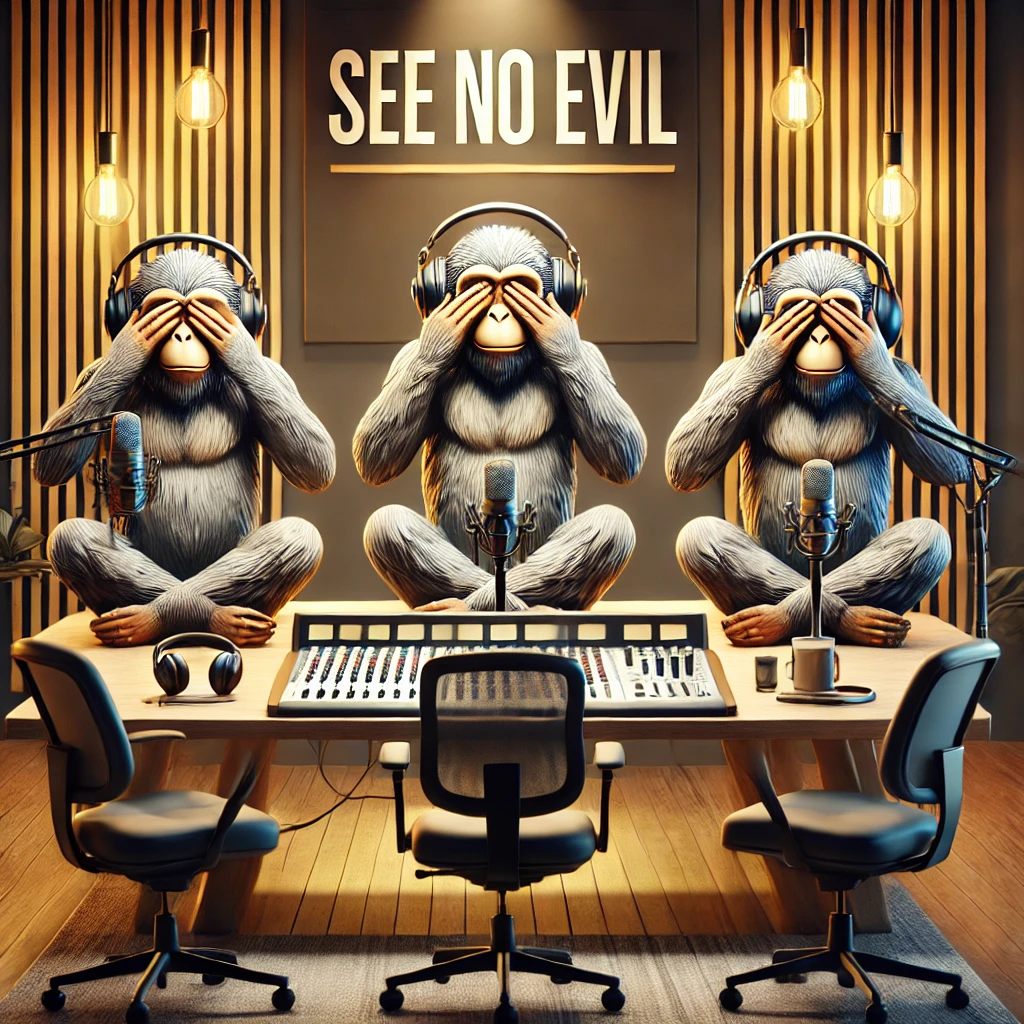
It was an August kind of story, cold and heavy, with a weight that settled in your chest like an overdue debt. But it was actually late November and the sun was out early.
It's been that kind of decade.
Justice often arrives quietly, marked by the creak of a gavel and the shuffle of papers. Alan Jones, a former media personality, has been charged with 24 offences, including allegations of sexual abuse. These matters are subject to ongoing legal proceedings, and no conclusions have been drawn.
Unless a court rules otherwise, he is innocent.
The allegations, which Jones denies, include aggravated indecent assault and sexual touching, reportedly spanning nearly two decades and involving eight individuals. The legal process will determine the outcome of these serious claims
But outside the courthouse, another story lingers in the air, as thick and silent as the fog over Sydney Harbour.
Jones was known for his prominent presence in the media. Recent allegations have brought increased scrutiny to his private life. And they bring questions that many find troubling and complex.
Why did it take so long for these allegations to surface and be addressed? Why didn’t anyone speak up when the whispers began? The silence surrounding the allegations has raised questions about how such matters are handled in the media industry.
In media, money talks, power squawks
In the world of media, power speaks in decibels. Jones had plenty of both. His every word could topple governments or make careers, and his influence was a kind of currency no one wanted to spend lightly. Some suggest that power dynamics in the industry can lead to the overlooking of certain behaviors.
Imagine you’re a young producer, fresh out of uni, hoping to make it in the cutthroat world of broadcasting. You see something—maybe a joke that lands too hard, a glance that lingers too long, a rumor that sticks to the walls of the break room. What do you do? Speak up? Maybe. But not if you want to keep your job. Not if you want to stay in the good graces of a man who could make or break your career with a raised eyebrow.
The allegations have prompted broader discussions about industry practices and the challenges of addressing workplace power dynamics. People saw what they wanted to see: the consummate professional, the media titan, the man who could turn a phrase like no one else. Anything else was easier to ignore.
This isn’t just about Jones. It never is. It’s about broader concerns regarding power dynamics and how they may impact the scrutiny of allegations. It’s about the broader concerns regarding how power dynamics can affect institutional responses to allegations. And it’s about the rest of us, the ones who looked away, who let the whispers die in the corridors instead of demanding they be shouted from the rooftops.
December 18 will come, and Jones will have his day in court. But the real judgment is happening outside those walls, in the offices and studios that let this story simmer in the dark for so long.
The charges against Jones have sparked broader discussions about institutional accountability and the processes for addressing serious allegations. It’s corrosive, eating away at the trust we place in institutions, in the idea that justice isn’t just for the lucky or the loud, but for everyone.
The individuals involved have brought forward their allegations after many years. Justice, while often delayed, is now being sought through the legal process. And while justice, when it comes, is always better late than never, the bitter truth is this: sometimes, late feels an awful lot like too late.
As Jones steps into that courtroom, the questions won’t stop at his doorstep. They’ll echo through the halls of power, the newsrooms, the boardrooms. They’ll ask us what kind of world we want to live in. One where silence is golden? Or one where the truth, no matter how painful, has a chance to speak?
The shadows have stretched long enough. It’s time to let the light in and allow the legal process to determine the facts and outcomes of these serious allegations.
